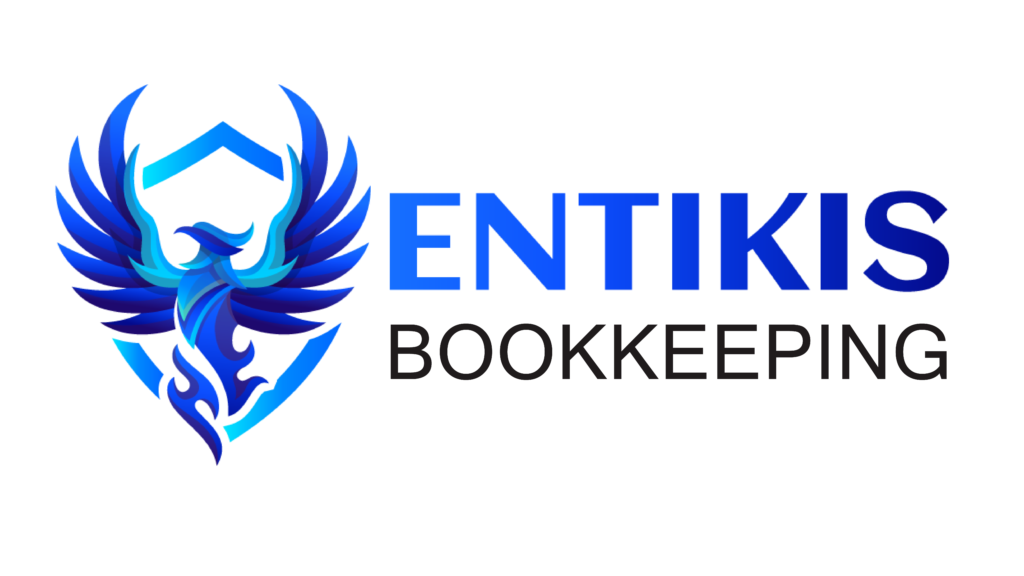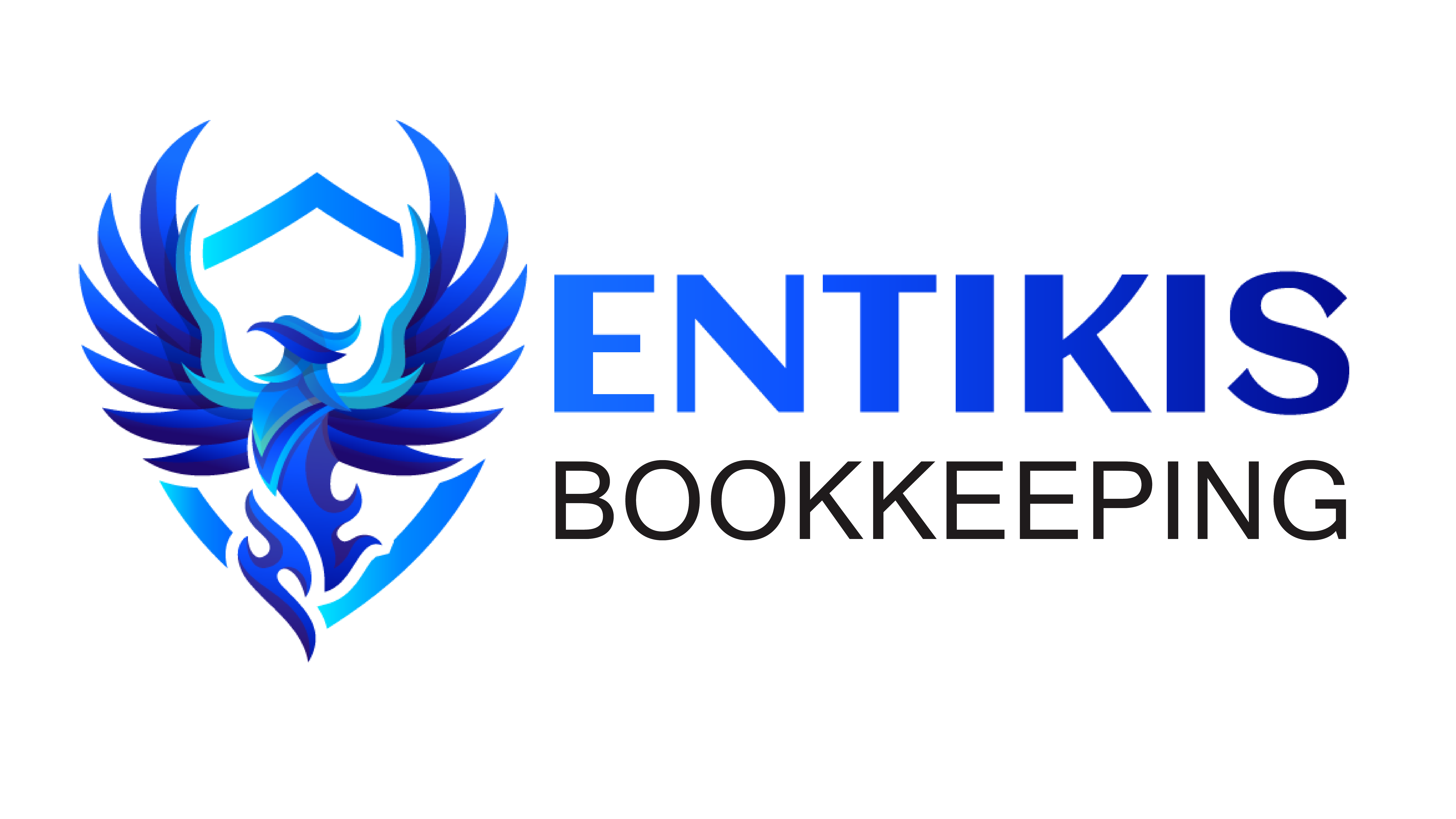Introduction
For small business owners in Fort Worth, Texas, tax preparation can feel like a maze of forms, numbers, and deadlines. Yet, it’s an essential aspect of managing a business. Understanding tax preparation can help you stay compliant, avoid penalties, and ultimately keep more of what you’ve earned. This guide breaks down the steps, tips, and best practices, focusing on how a Professional Bookkeeper can be your best asset along the way.
Why Tax Preparation Matters for Small Businesses
Start with Good Bookkeeping Practices
Essential Tax Documents and Records
Here are the core documents you’ll need when preparing for tax season:
-
- Income Statements – Show your total income and expenses over the year, detailing your net income.
-
- Balance Sheets – Display your assets, liabilities, and equity, giving a snapshot of your financial standing.
-
- Receipts and Invoices – Essential for substantiating deductions and expenses.
-
- Payroll Records – Important if you have employees, detailing wages paid, and any withholdings.
-
- Bank Statements – Offer a way to verify the accuracy of your recorded transactions.
By working with a bookkeeper, you can ensure these documents are organized, accurate, and readily accessible when it’s time to file.
Determine Your Deductions
One of the benefits of owning a small business in Fort Worth, Texas, is the opportunity to deduct various expenses related to running your business. Some common deductions include:
-
- Office Supplies and Equipment – Everything from computers to pens can often be deducted.
-
- Business Vehicle Expenses – Deduct mileage or expenses related to business use of a vehicle.
-
- Utilities and Rent – If you lease office space, those expenses are usually deductible.
-
- Professional Fees – Any fees paid to a bookkeeper, tax preparer, or attorney can be deductible.
A professional bookkeeper can help identify these deductions, ensuring that nothing is missed.
Record Keeping for Small Businesses
The IRS requires that small businesses keep records of all income and expenses. For Dallas Fort Worth businesses, it’s crucial to stay on top of record-keeping throughout the year, not just during tax season. Here’s how you can streamline your record-keeping:
-
- Automate Where Possible – Use accounting software to track expenses and income.
-
- Digital Receipts – Keep digital copies of receipts for easy access.
-
- Monthly Reconciliation – Regularly reconcile bank statements to catch discrepancies early.
In Fort Worth, many businesses turn to bookkeepers who specialize in tax preparation to ensure these tasks are done accurately and on time.
Quarterly Estimated Taxes
If you expect to owe at least $1,000 in taxes, you’re likely required to pay estimated taxes quarterly. This helps prevent a large, unexpected bill at the end of the year. Small businesses in Texas often have to pay federal estimated taxes on:
-
- Self-employment income
-
- Investment income
-
- Business earnings not subject to withholding
Working with a bookkeeper can simplify this process, as they can help calculate your quarterly payments based on your income and expenses throughout the year.
Working with a Professional Tax Preparer or Bookkeeper
Tax preparation is more than just filling out forms; it’s about understanding the tax code and applying it to your business. A tax professional, especially one familiar with Dallas Fort Worth, Texas, can bring a wealth of knowledge and experience to the table. Here’s how they can help:
-
- Expertise – A tax professional can identify credits and deductions you might miss.
-
- Accuracy – They can ensure that forms are filled out correctly, reducing the risk of audits or penalties.
-
- Time-saving – A bookkeeper can manage your records and handle much of the paperwork, saving you time.
When choosing a professional, look for someone who understands Texas tax regulations and has experience with small businesses. Many Fort Worth bookkeepers specialize in helping local businesses, making it easier to find someone who knows the ins and outs of state-specific requirements.
Important Deadlines to Keep in Mind
Missing deadlines can result in costly penalties. Here’s a quick rundown of key dates for small business owners:
-
- January 31 – Forms W-2 and 1099 are due for employees and contractors.
-
- March 15 – Deadline for S-Corporations and partnerships to file their tax returns.
-
- April 15 – The deadline for individual and C-corporation tax returns and the first estimated tax payment.
-
- June 15, September 15, and January 15 – Subsequent estimated tax payment deadlines.
Your bookkeeper can help you keep track of these deadlines to avoid unnecessary penalties.
Communication is Key
Effective communication with your bookkeeper and tax preparer is essential. Sharing your financial goals, concerns, and plans can help them provide better advice and solutions tailored to your needs. Professional communication ensures that everyone is on the same page, leading to a smoother tax preparation experience.
Conclusion
Tax preparation doesn’t have to be overwhelming. With organized bookkeeping, a knowledgeable tax preparer, and a clear understanding of tax deadlines and deductions, you can confidently approach tax season. Small business owners in Fort Worth, Texas, have access to skilled bookkeepers who specialize in tax preparation, providing the support needed to manage taxes effectively.
Whether you’re a startup or an established business, investing time and resources in tax preparation will pay off in the long run. By keeping your books in order, planning for quarterly payments, and consulting with professionals, you’ll be well-equipped to handle taxes and focus on growing your business.
If You Are Looking For Professional Bookkeeping Services, Please Contact Us At Admin@Entikis.Com And 817-415-1715 To Learn More About How Entikis Bookkeeping Can Support Your Journey To Success! Located At 640 Taylor St Suite , Fort Worth, TX, United States, Texas. We Offer Professional Bookkeeping Services For Businesses In The Burleson, Fort Worth And The Surrounding Tarrant County Metroplex.




